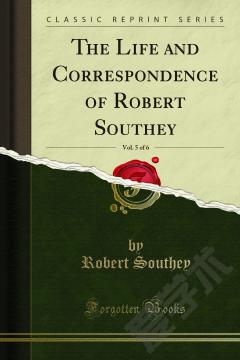Sir Robert Peel —— The Life and Legacy
----- 罗伯特·皮尔爵士:人生和遗产
Sir Robert Peel - paragon or pariah? Peel was the greatest statesman and political leader of mid-Victorian Britain, a titan of Conservative politics, whose legacy has inspired generations in his party and in British political life. In a career spanning forty years he held the greatest offices of state including Chief Secretary to Ireland, Home Secretary, Chancellor of the Exchequer and was twice Prime Minister. He was the supreme executive, a tireless and peerless reformer, who gave political rights to Catholics - through Catholic Emancipation - liberalised and reformed the criminal law, the office of magistrate and the jury system, improved prisons and founded the Metropolitan Police. He introduced 'free trade' budgets, resolved crises in British banking and developed the railways - and these were the financial and mechanical sinews of Britain as a burgeoning economic superpower which epitomised the modern age. He was the first acknowledged leader of the Conservative Party - the 'Founder of Modern Conservatism' - and his political programme in the 'Tamworth Manifesto' charted the path for Disraeli's 'one-nation Conservatism'. His abolition of the Corn Laws, in the teeth of opposition from the all-powerful landed interest and his colleagues in the Conservative Party, brought in cheaper bread for a growing industrial and urban population. But Peel's reputation has never been secure. He left a bitterly divided Conservative Party condemned to thirty years of opposition and was never forgiven by erstwhile friends and colleagues in his former power-base - the landed interest - and his supporters, the 'Peelites', abandoned the Conservatives for the new Liberal Party. And his historical legacy is troubled: was he a flexible and pragmatic Conservative moderniser or a rigid evangelistic apostle of Gladstonian free-trade liberalism, and not really a Conservative? Richard Gaunt, drawing on the huge well of state papers, contemporary writing and speeches including Peel's own apologia - the Memoirs - unwraps the Peel enigma and paints a convincing picture of a statesman primarily concerned with effective government reform and modernisation, who was prepared to cut through party traditions and put 'nation' before 'party'. He was buttressed by a supreme, if a cold and calculating self confidence, and dominated the party and House of Commons. Gaunt also demonstrates tha his vision of effective government in a modern industrial state was also in line with movements in Conservative ranks - no longer the party of 'backwoodsmen'. but moving towards Disraeli's new model Conservatism. Gaunt's revisionist life of Peel will be essential reading and be standard work for students and general readers interested in Conservative and mid-Victorian political history and historical biography.
{{comment.content}}








 京公网安备 11010802027623号
京公网安备 11010802027623号